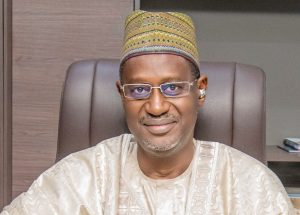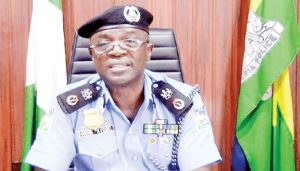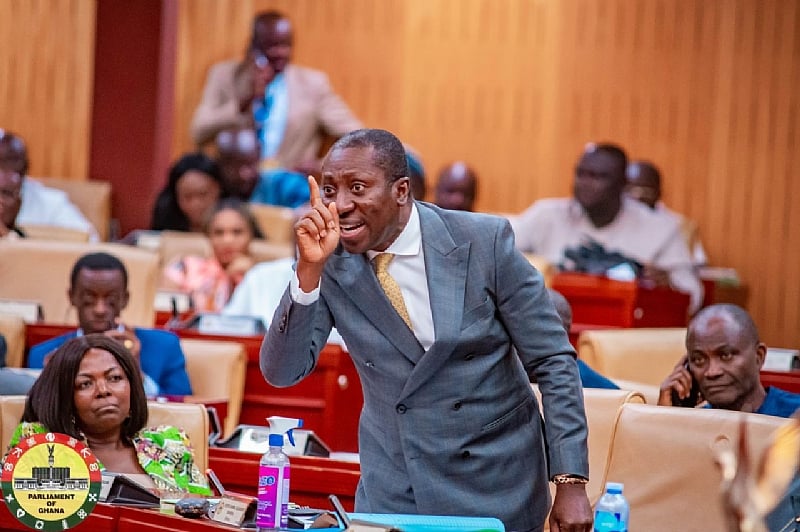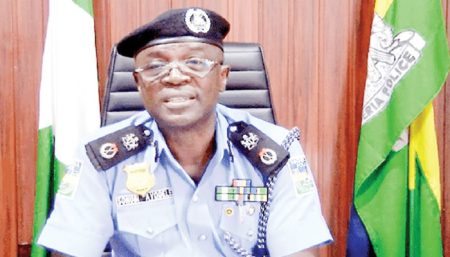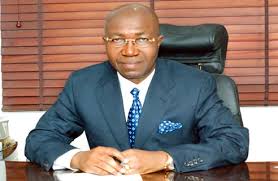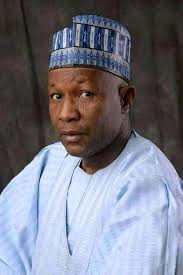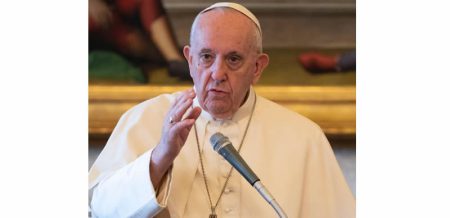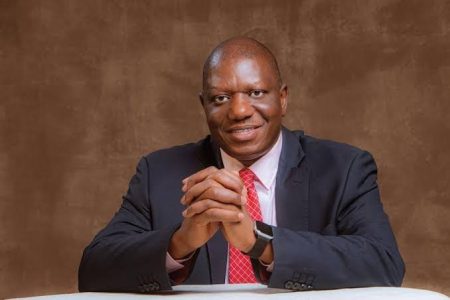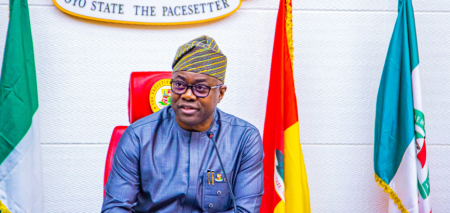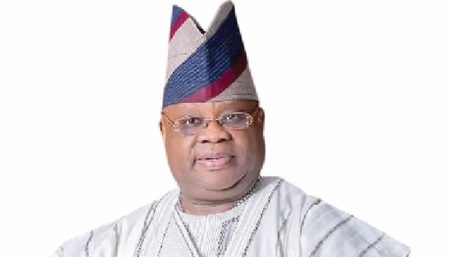The Ghana Broadcasting Corporation (GBC), a cornerstone of public broadcasting in Ghana, finds itself at a critical juncture, facing financial constraints that threaten its ability to fulfill its mandate of providing quality information and educational programming to the nation. Alexander Afenyo-Markin, the Minority Leader in Parliament, has voiced urgent concerns about the corporation’s financial health and its ability to effectively serve the public, calling for increased government support to ensure its continued operation and relevance. He highlighted GTV, GBC’s flagship channel, as a vital national asset with unparalleled reach, particularly in remote areas underserved by private media outlets. This reach, he argued, is crucial for disseminating information, promoting education, and fostering national unity. He emphasized the need for GTV to maintain its high standards of programming and to continue serving as a reliable source of news and information for all Ghanaians, regardless of their location or socioeconomic status.
Mr. Afenyo-Markin’s call for greater financial support for GBC underscores the corporation’s struggles to maintain operations in the face of limited resources. He argued that GTV’s extensive reach and impactful programming, especially its highly regarded Breakfast Show, are at risk if the station does not receive a timely injection of funds. The programming provided by GTV plays a significant role in educating the public on a variety of important issues, contributing to national development and informed citizenry. The Minority Leader warned of the potential collapse of this vital institution if adequate funding is not secured, a scenario that would be detrimental to the nation’s information landscape and democratic discourse. He believes that allowing GBC to falter would create an information void, particularly in remote communities, and hamper the flow of crucial information to citizens across the country.
In his address to Parliament, the Minority Leader specifically requested a briefing from the Minister of Communications, Digital Technology, and Innovations, Samuel Nartey George, on the government’s plans to address GBC’s financial challenges and strengthen its operational capacity. This request highlights the urgency of the situation and the need for a clear and transparent strategy to secure GBC’s future. He emphasized the importance of parliamentary oversight in this matter, urging the government to be accountable for its stewardship of public resources and to demonstrate its commitment to supporting public broadcasting. The request for a briefing signals the seriousness of the concerns surrounding GBC’s funding and underscores the need for a prompt and effective response from the government.
The concerns about GBC’s financial health come amidst broader discussions regarding the allocation of resources and access to presidential events within the Ghanaian media landscape. Some observers have expressed concern over what they perceive as a gradual shift away from GTV as the primary broadcaster of presidential events, with increasing access being granted to other media outlets, particularly those perceived as being aligned with the ruling party. These concerns raise questions about fairness, transparency, and the government’s commitment to supporting state-owned media. The debate surrounding access to presidential events underscores the importance of maintaining a level playing field for all media outlets and ensuring that state-owned media is not unduly disadvantaged.
The perceived sidelining of GTV in favor of other media outlets, especially Woezor TV, which is often linked to the National Democratic Congress (NDC), has fueled anxieties among some stakeholders about potential political bias in media coverage. The argument is that GTV, as a state-owned broadcaster, should be given priority access to presidential events to ensure impartial and comprehensive coverage for all citizens. Concerns about the potential for bias in media reporting are central to the ongoing debate about the allocation of resources and access within the media landscape. The impartiality and objectivity of state-owned media are seen as crucial for maintaining public trust and ensuring that all citizens have access to accurate and balanced information.
The debate surrounding GBC’s funding and access to presidential events highlights the complex relationship between media, politics, and resource allocation in Ghana. It underscores the importance of safeguarding the independence and financial stability of public broadcasting institutions to ensure they can effectively serve their mandate of informing and educating the public. The future of GBC hinges on the government’s willingness to invest in its future and recognize its vital role in fostering a well-informed and engaged citizenry. The ongoing discussions about GBC’s role and funding are crucial for shaping the future of public broadcasting in Ghana and ensuring that it continues to serve as a valuable resource for all citizens.



